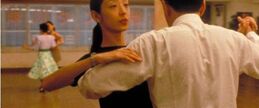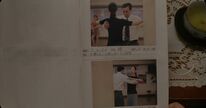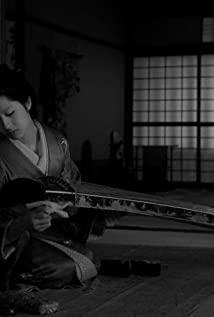Every dancer who learned to dance did not come to dance, but in the end they were deeply involved. The repression of the dance was relieved and the self was fulfilled. . The blazing lights, the noisy subway, the numb and sluggish firs are like each other in the city; the gray night, the lonely platform, and the firs intoxicated in the world of solo dancing are fascinating and sad.
This film is said to have been put into the ranks of comedies, and the ending is indeed happy for everyone. But in my opinion, the sad and desolate aura runs through. I think that when the fir receives a letter from Teacher Wu, then it should be over. The depressed emotions can only be temporarily released in the real world. What I am looking for is the inner release. Once the direction is peeped through by family members, it can only be the beginning of a new repression, and Wu's mission ends. My thoughts are a bit cruel, and I
especially like the Chinese translation of this movie, which has a rhythmic dance rhythm with a tapping flavor, and it explains the relationship between love and dance very well. Dance for love, but not for love. The English translation of "shall we dance" seems very meaningless. This Japanese movie has been 10 years old.
View more about Shall We Dance? reviews










